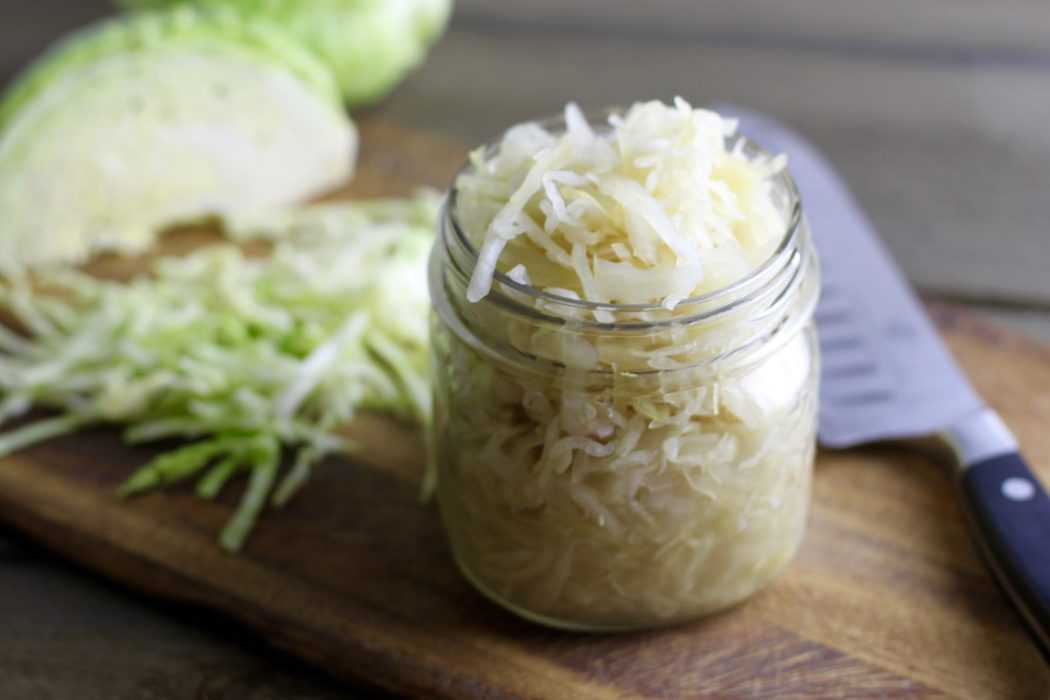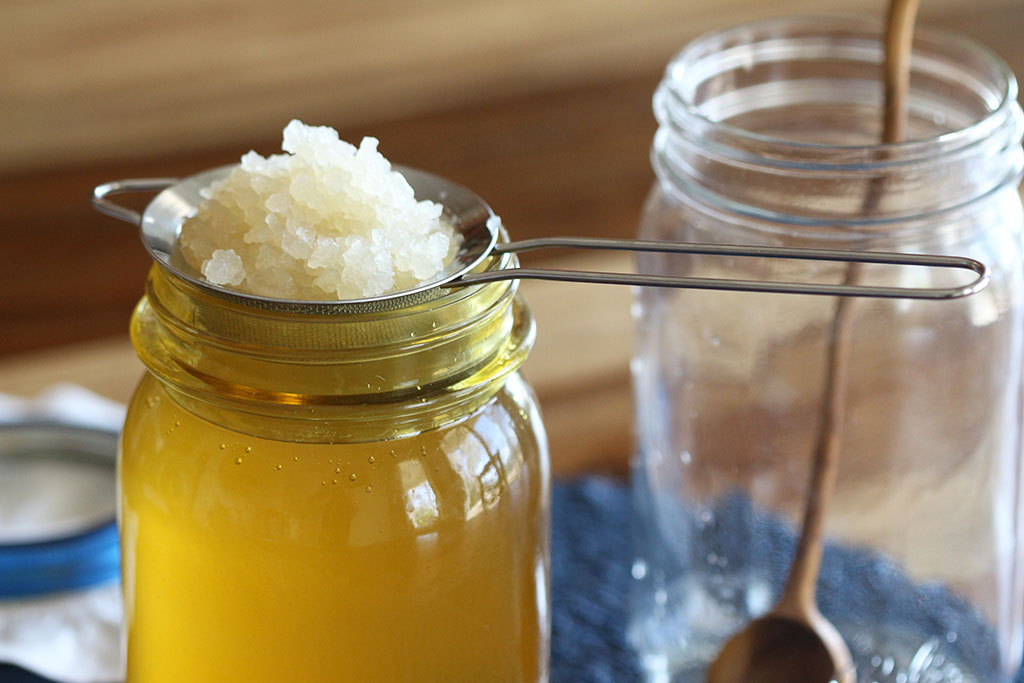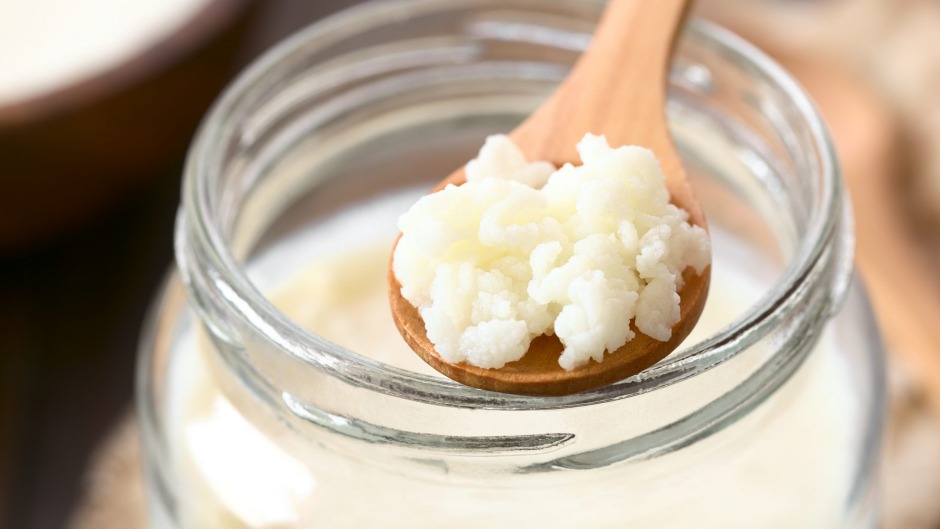In this post, we are going to learn how can you improve your digestion naturally using fermented foods. And you will see the list of fermented foods.
How fermented foods are good for health?
Fermented foods are really important to our overall health. And the reason that we want to include fermented foods into our daily diet is that they have beneficial bacteria. These beneficial bacteria play a huge role in your overall health when it comes to digestive health, gut health hormone health, brain health, skin health, and in so many other areas of your health.
We want to make sure that we’re getting these beneficial bacteria into our daily food regimen. But the other thing that we have to realize is that most people are not. When we look at the food supply today it’s very clean. There’s a huge benefit to that, but one of the problems is because we’re not going out to our gardens and grabbing food from it on a daily basis, essentially, we are not getting the proper amount of probiotics that we need to sustain proper health.
There’s a sufficient amount of research out there that shows the number of beneficial bacteria that we have in our diet today versus what they’re used to be is drastically different, it’s drastically declined. What we’ll do is talk about some different really great fermented foods that can naturally help you improve your digestion.
Fermented foods list:
Here is the list of fermented foods. These can be made by yourself, you don’t need to buy them.
Sauerkraut

It is basically a fermented cabbage, really easy to make, we love making this in our home because you just dice up some cabbage, put it in a mason jar, put some salt in it and it’s very simple.
But the benefits are, first of all, it’s going to have digestive enzymes, it’s going to contain probiotics, and then lastly, it’s also going to be rich in vitamin C. Really great fermented food.
Kombucha

Kombucha is another one that we love. Now this came from the Asian culture and essentially what you’re doing is, you’re taking a tea and you’re putting a bacterial culture in it and then you’re allowing it to ferment. This is going to not only have some beneficial bacteria and enzymes in it, but the other thing it’s going to help do is to support liver detox.
Really love kombucha because it’s something other than water. If you want to have a good fermented drink and you don’t want to drink soda, kombucha is a really great alternative.
Water Kefir

Water kefir is also great. Now what you do is you take kefir grains, you put it within the water, and then you can make some really delicious tasting fizzy beverages that are flavored to whatever flavor you prefer. Once again, a really healthy alternative to soda.
Pickles

Pickles are great because they’re going to be loaded with vitamin K and they’re also going to have that fermented benefit. Now one of the things we have to be careful about when we look at pickles is not all pickles are created equally.
We want to make sure that we’re getting fermented pickles and not just vinegar based pickles. In this whole process of making pickles, they’ll use vinegar in many cases because it’s easier, less expensive, but you just don’t get the benefit when it has a vinegar base versus a good fermented base. We want to look for the fermented pickles over the vinegar-based pickles.
Kimchi

Now kimchi is a lot like sauerkraut, just a little bit different. This is a spicy Korean dish and essentially, it’s going to have the lactobacillus kimchi, which is a very beneficial bacteria, which is proven to help digestion quite a bit.
Kimchi is another thing that you can make at home, very simple to make, very delicious.
Cheese

Cheese is something that mostly everybody loves, as long as you don’t have a problem with dairy. When we look at cheese, first thing that we want to do is, we want to make sure when it comes to any of our dairies, that we’re getting a good grass-fed source, we’re getting it from a healthy sustainable farm, but the other thing that we want to really watch when it comes to cheese, is to make sure that we’re getting the cheese that actually is rich in probiotics, because not all cheese is rich in probiotics, just because the probiotics don’t always survive the cheese making process.
Some of these cheese’s include cottage cheese, cheddar cheese, Gouda cheese, and mozzarella cheese. Those are going to be the four best cheese’s that you need to use if you want to get the most probiotics out of them.
And cheeses also are loaded with digestive enzymes and lots of different nutrients, so very beneficial for your overall health.
Yogurt

We want to make sure that we’re getting good, whole fat yogurt that is from grass-fed cows, sustainable source, and yogurt’s awesome.
And first of all, kids love yogurt and, that’s one of the things that we love to give our kids because when it comes to children you want to make sure that you’re constantly pushing that good bacteria, the good probiotics into their gut.
Now a lot of children out there are on multiple rounds of antibiotics throughout their childhood, through ear infections, and flu, and things like that. The parents are taking them to the doctor, they’re putting them on antibiotics, but one of the things that most parents fail to do is actually go in and get the good beneficial probiotics back to their children.
So, you’re wiping them out, but you’re not putting anything else back in, and this can be really devastating to a child’s overall health. It can create allergy issues, it can create gut issues, and can create a lot of different imbalances for children. It’s very important, not only yogurt but all these different fermented foods, it’s good to make sure that you’re adding it to your whole family’s daily regimen.
Kefir

Kefir, now kefir is basically where you take the milk and then you put kefir grains in it, almost like the process of making kefir water. Now kefir milk is going to be really beneficial, because not only can you use cow’s milk, but you can use goat’s milk, you can use coconut milk, there’s a lot of different ones out there.
You can make this at your home, or you can buy it. Now, I will tell you when you look at buying any of the stuff in stores, it tends to be a little bit more expensive. You can make some of it very easily and very inexpensively in your own home.
Which one is best?
If we’re looking for the heavy hitters that are going to offer you the most digestive enzymes, the most probiotics, and the most bang for the buck, we’re going to want to think water kefir. This is very simple and inexpensive to make in your home. Yogurt, and also regular kefir. They’re going to be the heavy hitters that you can utilize.
Now of course for me, not only do I use these as much as I can, but I also take probiotics daily, because I think that it’s very beneficial to take a probiotic supplement.



